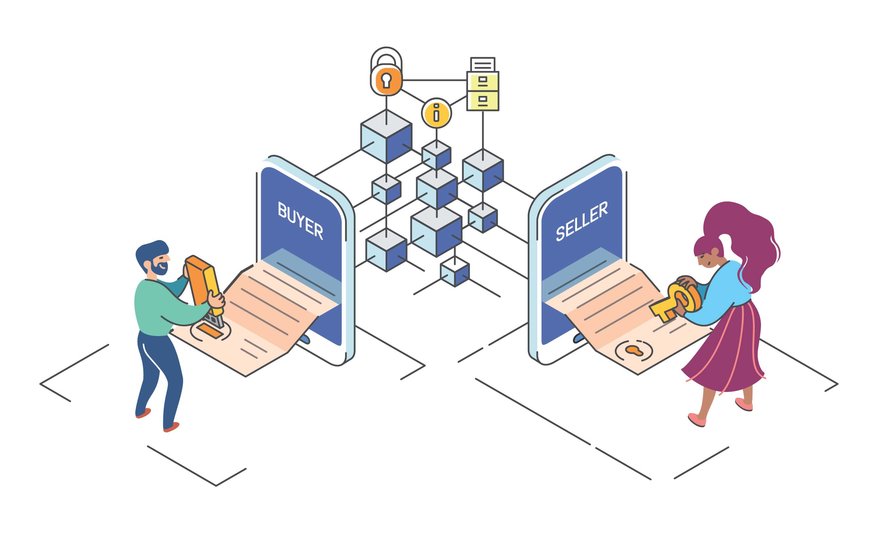electronics-journal.com
19
'22
Written on Modified on
ETSI News
ETSI Announces First Specification for Smart Contracts
ETSI has just published GS PDL 011 the first in a series of specifications that are concerned with the implementation of permissioned distributed ledgers (PDL). This and following specifications will help with the realisation of the numerous operational and security advantages of a decentralised approach to the recording of transactions, while simultaneously being both inexpensive to perform and inherently scalable.

ETSI’s industry specification group for PDL (ISG PDL) was formed with the objective of establishing an open ecosystem upon which trusted and fully compatible PDL solutions could be built. The group includes mobile operators, semiconductor vendors, telecom equipment suppliers, agriculture manufacturers, automotive brands, plus several highly respected research institutes.
The new PDL group specification (GS PDL 011) produced by the ETSI ISG will provide a functional framework to adhere to when smart contract activities are being undertaken, without repudiation being a threat. This will thereby prevent the prospect of fraud occurring. Any contract changes will be tracked - showing where, when and by whom they were made.
Through the specification outlined by ETSI, it will be possible for trustworthy and dynamic contracts to be put in place, with the capacity for different domains to be defined. This will mean that parties will only have access to the aspects of the contract that are relevant to them (not all of the information encompassed). Other information will effectively be ring fenced, so that it is kept private from those who it does not pertain to. It will also assure that the synchronisation of off-chains (such as IoT nodes) is addressed when they reconnect with the network.
The smart contracts that can be created via PDL will be applicable in all manner of different use cases. The benefits will be derived by employers, healthcare authorities, estate agents, lawyers, land registries, environment agencies, manufacturers, distribution firms and government bodies, as well members of the public.
As Dr Diego Lopez, Chair of the ETSI ISG PDL explains “It is widely recognised that the blockchain-based distributed ledgers that people associate with cryptocurrencies have clear drawbacks associated with them in the context of smart contracts. They require large processing overheads and are therefore very expensive to operate.”
“PDL will provide the scalability and cost-effectiveness needed to support the widespread proliferation of smart contracts across a broad range of different industry sectors, yet still successfully maintain the essential immutability properties,” he continues. “Through the pioneering work currently being done at ETSI, we will be able to demonstrate the viability of PDL for this purpose.”
Details of GS PDL 011 is available here:
https://www.etsi.org/deliver/etsi_gs/PDL/001_099/011/01.01.01_60/gs_PDL011v010101p.pdf
In addition, ETSI PDL ISG has produced a collection of Group Reports.
These are as follows: Research & Innovation Landscape
https://www.etsi.org/deliver/etsi_gr/PDL/001_099/008/01.01.01_60/gr_PDL008v010101p.pdf
Federated Data Management
https://www.etsi.org/deliver/etsi_gr/PDL/001_099/009/01.01.01_60/gr_PDL009v010101p.pdf
PDL Operations in Offline Mode
https://www.etsi.org/deliver/etsi_gr/PDL/001_099/010/01.01.01_60/gr_PDL010v010101p.pdf
www.etsi.com

